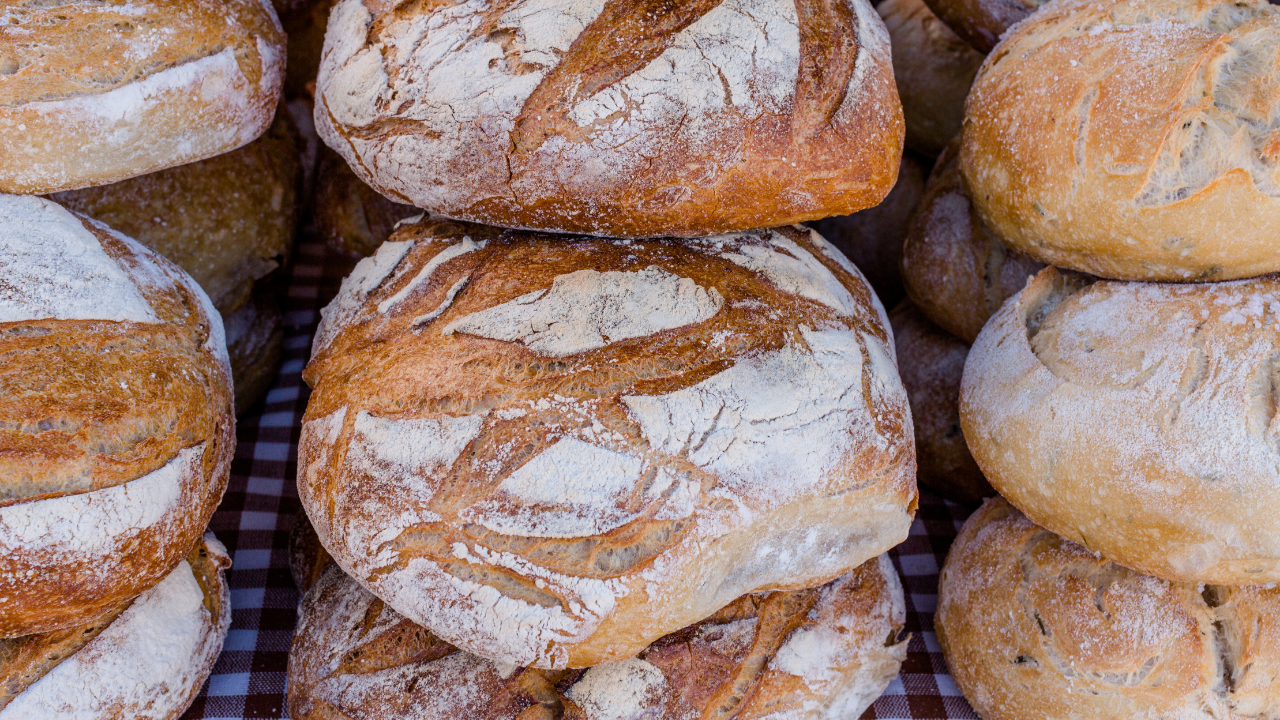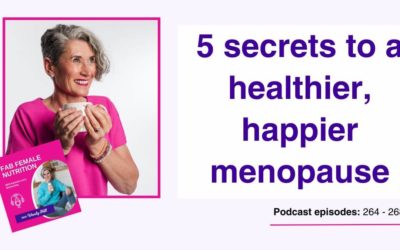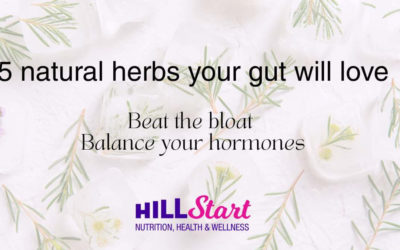People often tell me they have an issue digesting bread. Rather than cutting bread out completely I suggest they try sourdough bread first. It is easier to digest and by swapping from their normal loaf to sourdough many people find they can enjoy bread again.
What is sourdough, is it actually bread?
There are two main components in making a sourdough that is different to your fluffy white loaf.
Firstly, the bread is helped to rise by using a ‘starter’ rather than yeast. The starter contains naturally occurring bacteria which leave a slightly sour taste – hence the name.
Secondly, the bread is left to rise for far longer than a normal loaf. During this rise, the fermentation process starts to pre-digest phytic acid, found in all grains, which is why sourdough is easier on your digestion.
Sourdough is easier to digest.
Many nutritionists believe that it is the phytic acid that contributes to bloating and IBS symptoms associated with eating bread. As the long fermentation breaks down much of the phytic acid, it makes it much easier to digest.
Phytic acid also inhibits the digestion of minerals and vitamins. The longer fermentation of sourdough bread has the additional benefit of making the vitamins and minerals in the bread easier for us to absorb.
If you have ever eaten sourdough you can’t fail to notice that it has a good crust, the kind of crust that you need to chew! Digestion starts in the mouth and it is really important to chew properly, which is something that in this busy world we forget about. This is another reason I believe people find it easier to digest.
Bacteria and our gut.
Our digestive system, our gut, is full of bacteria. It is believed that we have more bacteria than human cells. The bacteria have their own delicately balanced eco system. Read more about gut health in my recent blog.
What are the other characteristics of sourdough?
The longer fermentation process encourages gut healthy bacteria to form, and also gives it the slightly sour taste (think about yoghurt or sour cream). Personally I like this, but not everyone does, we are all different after all.
You can use sourdough to make sandwiches, however another feature of the bread is that it is quite open, with lots of air holes. This, along with the harder crust, lends it to be better as a single layer – an open sandwich.
Sourdough toast is how you will often see it served. And there are many beautiful foodie social media posts of toasted sourdough with a healthy topping. Personally, I like to keep it simple; just good quality butter.
It does last a bit longer than other fresh breads, but it is also really easy to freeze. I like to pre-slice it before freezing as it means I can just grab a few slices when I want it.
Do I have to go to a special shop to buy it?
There are some fabulous artisan bakers that specialise in baking sourdough bread, and if you can find one locally I would highly recommend you try them first.
As the popularity of sourdough rises it is becoming more widely available in supermarkets, but I would advise you to check the label. Proper sourdough has very few ingredients, flour, salt and water plus the starter – and as the starter is made from just flour and water that should not add to the list of ingredients on your packet.
Can I make it myself?
It is different to baking with yeast and it may seem like a dark art, but once you have mastered the process it’s quite easy to make. You don’t have to spend ages kneading, just a quick stretch and fold every 30 mins or so. The key is to make sure you are around all day, as you need to stretch and fold many times! I like to start mine on a Saturday for brunch on a Sunday – if that sounds like too much hassle just find a good baker!
There are lots of websites and courses you can take online. I learned how to make sourdough with Ruth from HunnyPot Cottage Bakery. She made it easy to learn and I even got a starter from her (which she can ship throughout the UK) so once I’d completed the course I was ready to start to bake.
Sourdough starters are a living thing, filled with bacteria – the good kind. Before you are put off by the idea of bacteria in your food, remember that these are good bacteria, which are important to your gut health. As they live in your starter, you need to look after your starter to keep it rising well. We refer to this as being alive – and so many of us who bake a sourdough will name their starter. Mine is called Clementine and I feed her regularly with Rye Flour.
I realise that baking sourdough bread might not be for everyone, and there may well be a few of you that find bacteria and live things in your bread a bit strange. But trust me – I’m a nutritionist.




